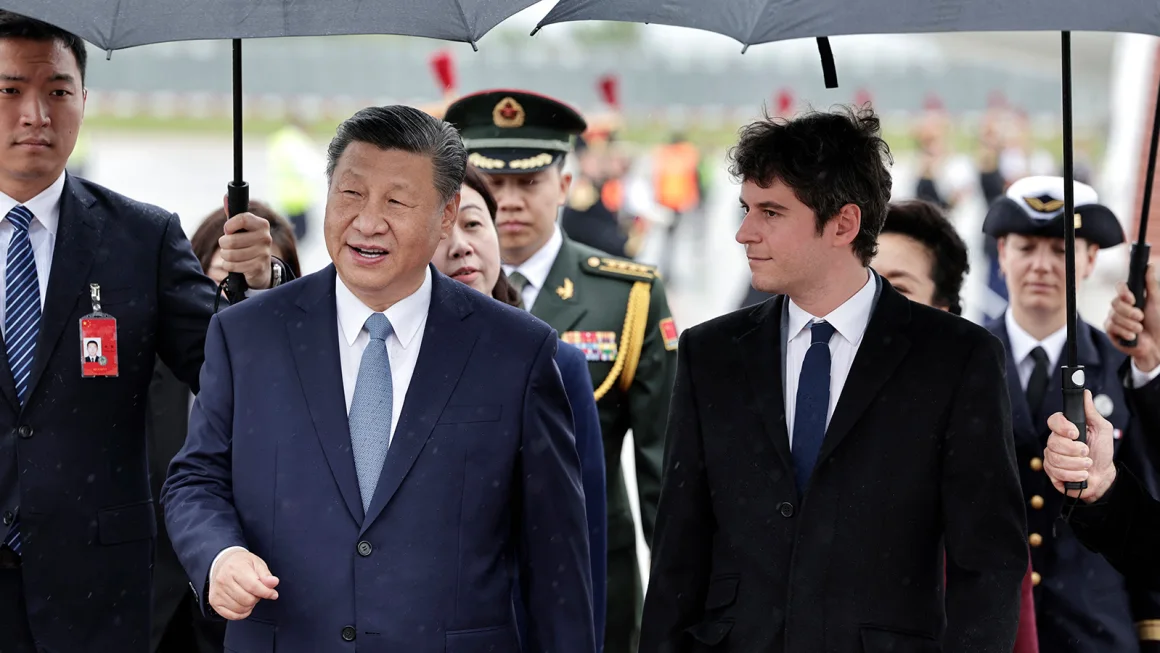Xi Jinping, the Chinese leader, embarks on a six-day European tour against a backdrop vastly different from his previous visit in 2019. While the grandeur of his reception remains intact, his arrival coincides with a significant shift in European attitudes towards China.
In recent weeks, the European Union has intensified its scrutiny of China, launching trade probes into various sectors and conducting investigations into Chinese firms. Germany and the United Kingdom have also taken action against alleged espionage activities linked to China. Moreover, Italy’s formal exit from the Belt and Road Initiative dealt a blow to China’s flagship infrastructure project.
These developments reflect mounting economic grievances and suspicions about Beijing’s global ambitions, exacerbated by concerns over China’s alignment with Russia amid the conflict in Ukraine. While some European capitals remain receptive to China, others view it as a multifaceted threat.
Xi’s tour presents an opportunity to address these concerns and woo his critics, but significant breakthroughs are unlikely without concessions from China. The visit may instead underscore divisions within Europe, potentially playing to China’s advantage.
Xi’s itinerary includes meetings with key figures in France, Serbia, and Hungary. In France, discussions center on economic ties and trade frictions, with Macron pushing for a recalibration of relations due to China’s overcapacity in certain sectors. Despite tensions, both sides aim to deepen cooperation in various fields.
In Serbia and Hungary, Xi is expected to receive a warmer reception, as both countries welcome Chinese investments and maintain close ties with Beijing. Serbia, in particular, has seen growing trade and investment from China, while Hungary’s Prime Minister Viktor Orban has been a vocal supporter of closer ties with China within the EU.
As Xi navigates this complex landscape, his interactions with European leaders will shape perceptions of China’s role in the region. Despite challenges, China seeks to maintain its influence and economic interests in Europe, while European countries seek to assert their sovereignty and address concerns about China’s activities.
Xi’s tour underscores the evolving dynamics between China and Europe, reflecting a nuanced relationship shaped by economic interests, geopolitical concerns, and competing visions for the future
